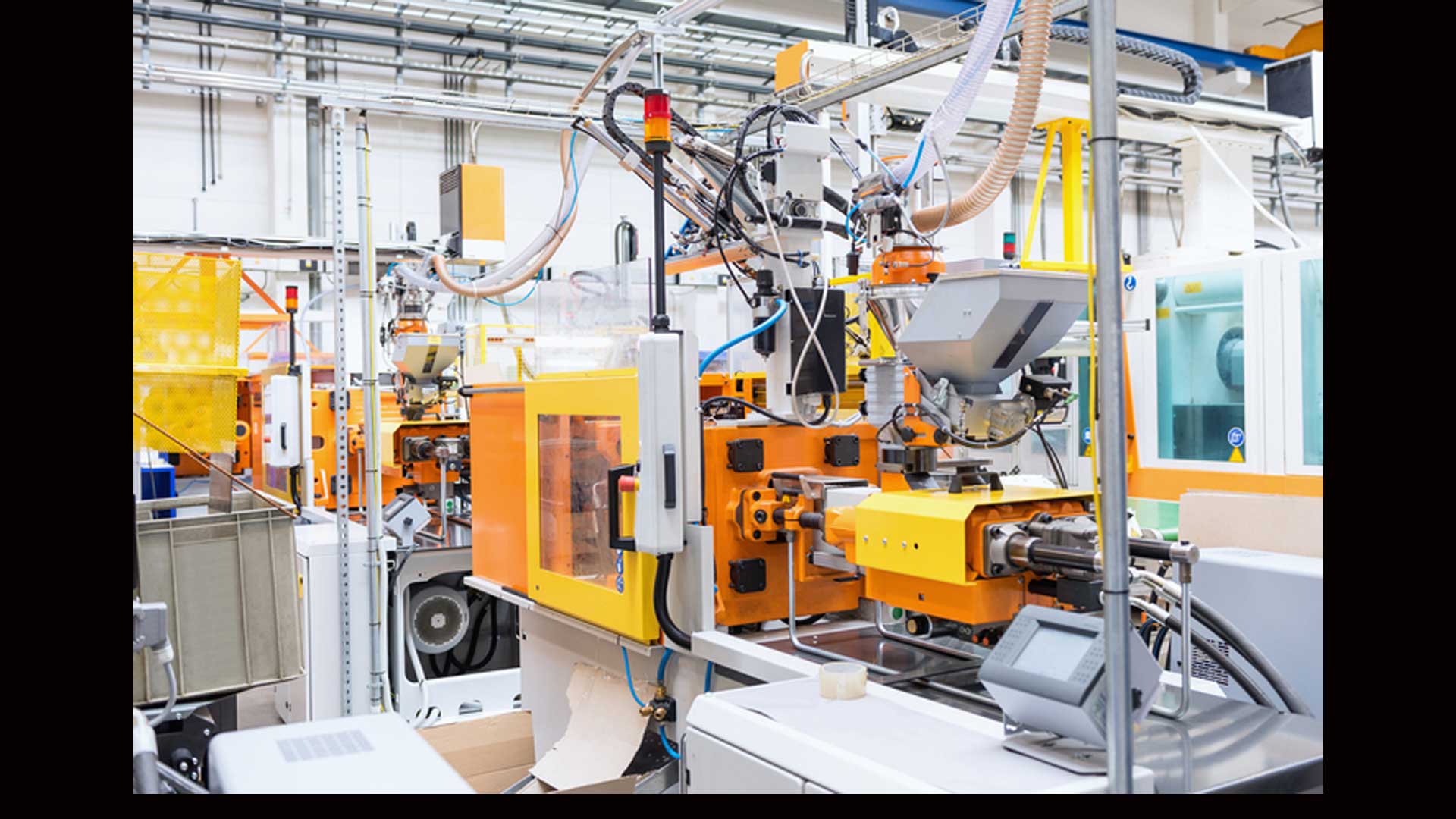
AM smart language developed for seamless production cycle
The smart language that enables designers, AM engineers and inspectors to truly communicate. It will greatly improve the process repeatability and part-to-part reproducibility, reduce power usage and failure rate, lower production costs and create environmentally-friendly manufacturing technology

ADDITIVE manufacturing – widely known as 3D printing – is set to transform industry. But for its full potential to be unlocked, there will have to be a smart language that enables proper communication between designers and engineers. Research at the University of Huddersfield aims to provide it.
Global experts in production engineering heard about the project when the University’s Dr Qunfen Qi presented a paper at the 15th CIRP Conference of Computer Aided Tolerancing, held in Milan.
She told delegates how additive manufacturing (AM) was changing the way that products are designed, manufactured and measured and that it enabled the fabrication of highly complex components. But traditional design rules no longer applied.
Dr Qi – who is a Research Fellow at the University of Huddersfield’s EPSRC Future Metrology Hub – has been using category theory to develop computer-readable guidelines and rules for AM.
“The research can provide a smart language that enables designers, AM engineers and inspectors to truly communicate with each other in an intelligent, robust and productive way,” states Dr Qi.
“This will greatly improve the process repeatability and part-to-part reproducibility, and significantly reduce power usage and failure rate, lower the cost of production and make a more environmentally-friendly manufacturing technology.”
Dr Qi’s research focus is on the application of mathematics theory and information technology to advanced manufacturing. Her University of Huddersfield PhD was co-supervised by the mathematician Professor Paul Scott, a Research Director at the EPSRC Centre.
He has been investigating the use of category theory as a way of forming smart databases for some 15 years. One of the outputs has been a bespoke package created by Dr Qi that enabled Rolls Royce to design and measure surface texture.
But now the goal is to create a smart language that can be widely used throughout industry and with no requirement for an in-depth knowledge of category theory.
“It will have an enormous range of applications, not just limited to advanced manufacturing, but in the future to be applied in smart cities, healthcare, social science and more,” said Professor Scott.
He was also a key contributor to the CIRP Conference, convened by the world’s leading organisation in the field of production engineering research. He chaired a session on Tolerance Verification and was co-author of a paper that dealt with partitioning operations for standardisation of geometrical product specifications and verification.
This was an output from Professor Scott’s work with a group that is developing international standards for geometrical product specification.
There was a CIRP paper from Dr Luca Pagani, also a Research Fellow at Huddersfield’s EPSRC Hub. It was titled “An adaptive tolerancing algorithm for freeform profiles” and described research that will lead to the more efficient production of parts – such as turbine blades – that have complex surfaces. A reduction in the number of rejected parts will lead to less waste and greater economies.
More news
Uni signs MoU with Shanghai Jiao Tong University
The Memorandum of Understanding will form strong links between the two universities in the field of precision metrology
Uni’s professor receives Damehood at the Palace
Professor Xiangqian Jiang was created a Dame Commander of the Order of the British Empire in the 2017 Queen’s Birthday Honours
£40m metrology research centre officially launched
The Future Metrology Hub, funded by the EPSRC and industry, is the only one of its kind in the UK